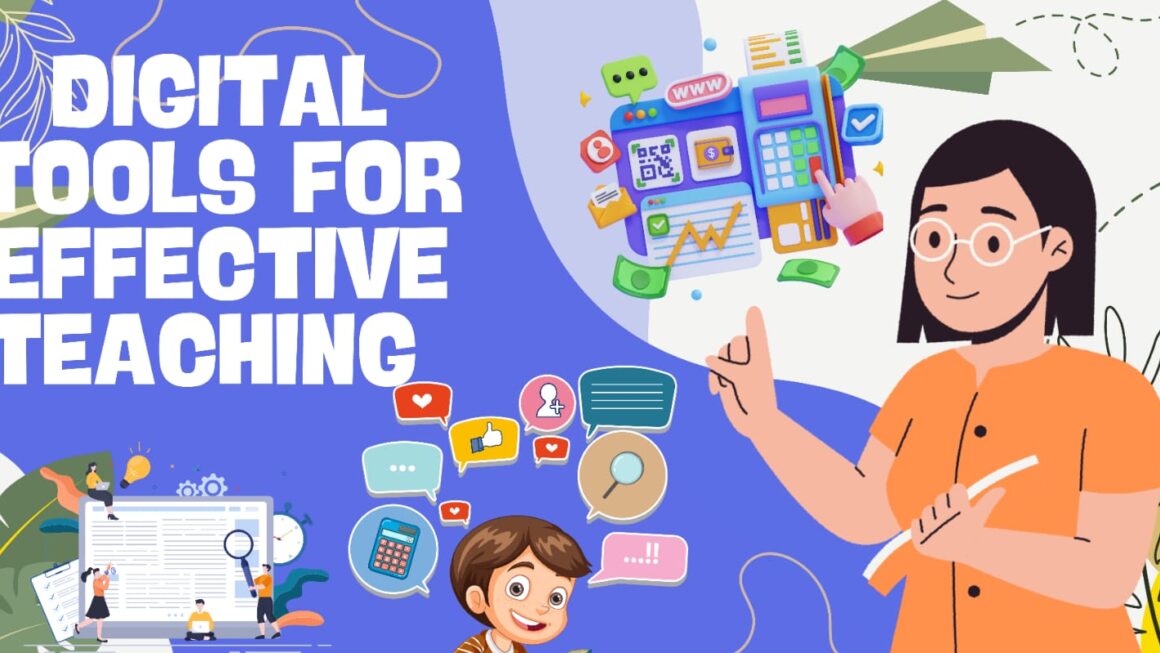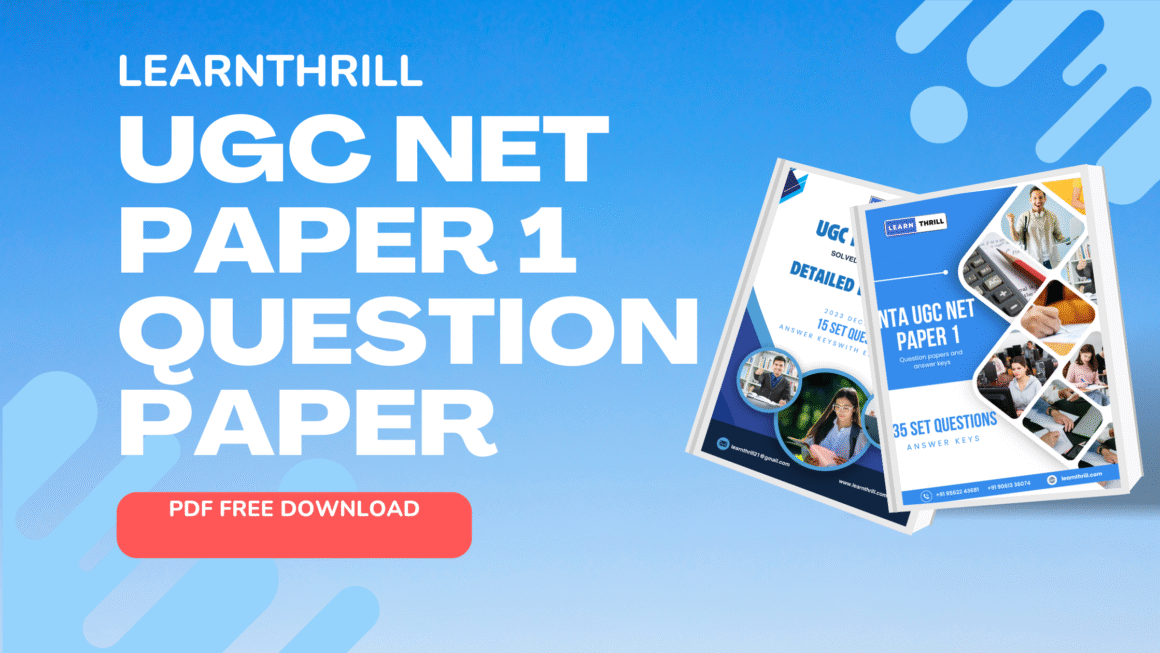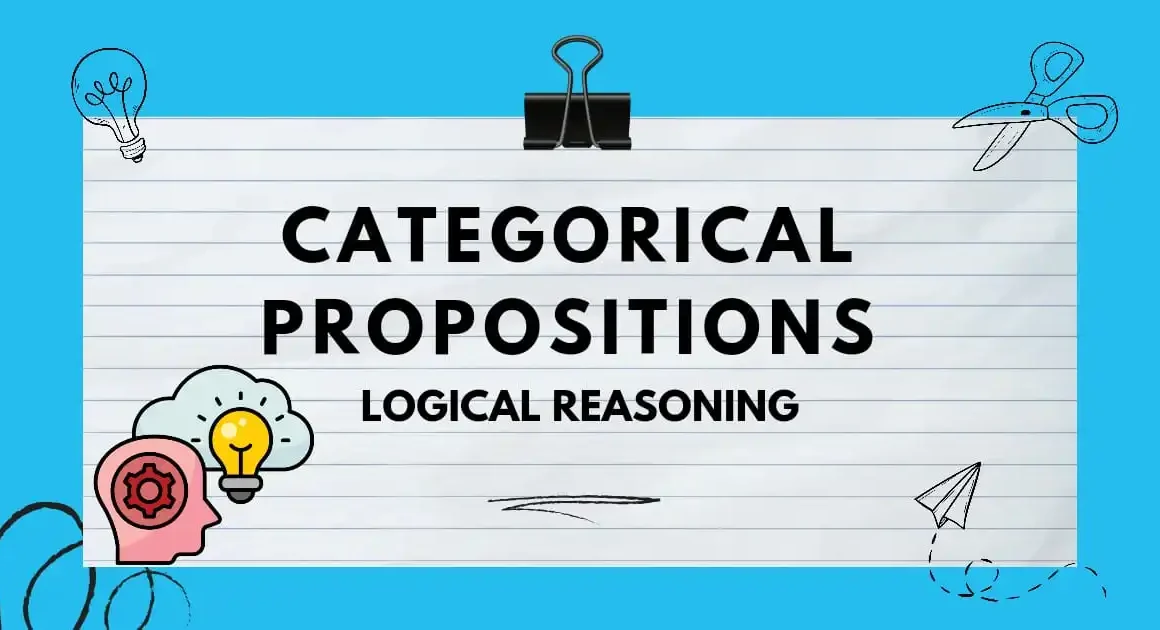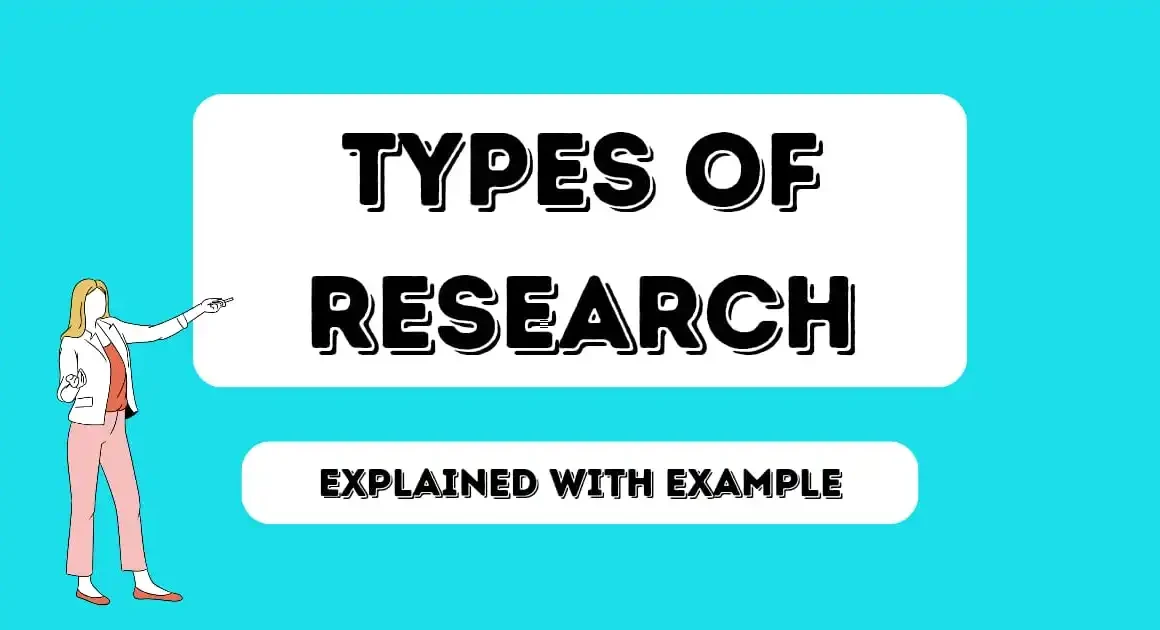Getting ready for Paper 1 of the UGC NET? Understanding how to use ICT tools for teaching and learning is one of the main themes covered in the Teaching Aptitude part. This blog presents a variety of digital teaching resources that are divided into Learning Management Systems (LMS), Mind Mapping Tools, Game-Based Learning Platforms, Live Polling Tools, and Virtual Field Trip Tools. These resources promote collaborative learning, explain difficult ideas, and increase student involvement.
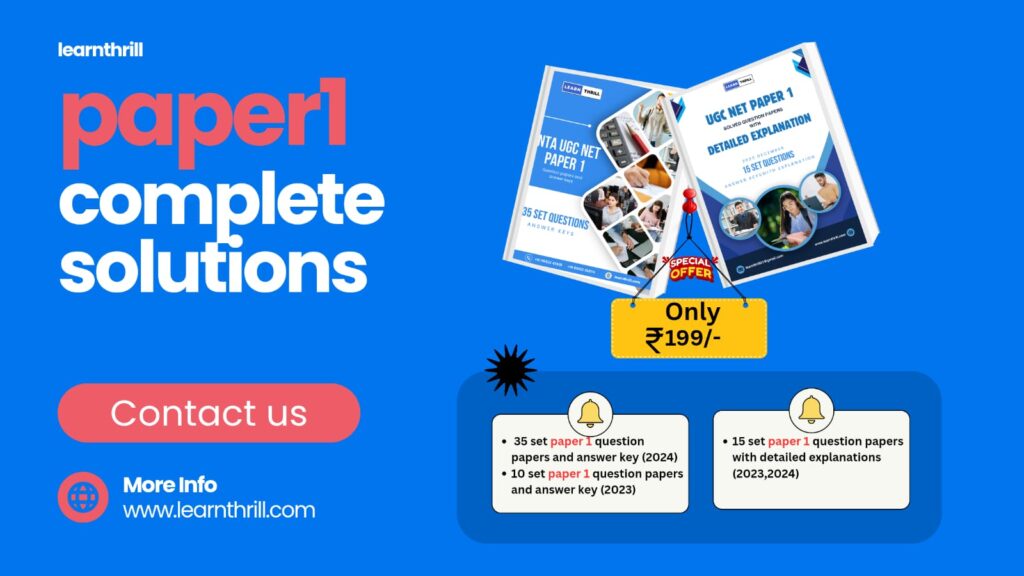
1. Mind Mapping Tools
Mind mapping helps visualize concepts, connect ideas, and improve memory and comprehension. Here are some top tools:
- MindMeister – Collaborative mind mapping with easy sharing and integration with MeisterTask.
- XMind – Rich features like organizational charts, logic charts, and brainstorming modes.
- Coggle – Real-time collaboration, clean and intuitive interface.
- Lucidchart – Supports diagrams, flowcharts, and structured learning beyond just mind maps.
- Miro – Online whiteboard with sticky notes, diagrams, and mind mapping tools.
- Biggerplate – A large online library of pre-designed mind map templates.
- Mindomo – All-in-one tool for mind mapping and concept mapping.
- CmapTools – A powerful concept mapping tool developed by IHMC.
2. Game-Based Learning Platforms
These platforms make learning fun, interactive, and engaging through quizzes, points, and gamification:
- EdApp
- Kahoot
- Gametize
- Centrical
- Archy Learning
- Hoopla
- Raptivity
- ProProfs
- Quizizz
- Classcraft
- Gimkit
- Blooket
3. Live Polling Tools
Live polling tools encourage student participation, check understanding, and make sessions more interactive:
- Mentimeter – Supports live polls, quizzes, Q&A, and integrates with presentations.
- Slido – Great for live events; integrates with Google Slides for Q&A and polling.
- Poll Everywhere – Allows audience polling via phone, web, or Twitter.
- Vevox – Ideal for students; offers polling and Q&A features.
- Pigeonhole Live – Supports polls, quizzes, surveys, and Q&A.
- Slides with Friends
- AhaSlides
4. Virtual Field Trips
Take learners on digital journeys to explore real-world places and experiences:
- Google Expeditions
- Nearpod
- Google Earth
- Skype in the Classroom
- Zooniverse
- Virbela
- Second Life
- Minecraft
- NASA’s Eyes
- Explore.org
5. Learning Management Systems (LMS)
LMS platforms help educators manage, deliver, and track educational content and student progress:
- Google Classroom – User-friendly LMS for assignment management and feedback.
- Moodle – Open-source and highly customizable.
- Canvas – Mobile-friendly design with powerful assessment tools.
- Schoology – Blends LMS features with social networking elements.
- Blackboard – Advanced features for higher education and schools.
- Instructure
- Docebo
- Edmodo
- LearnDash
Conclusion
These tools are not only essential for modern teaching but are also important for those preparing for UGC NET Paper 1. Understanding their features, functions, and applications can help you answer ICT-based questions effectively and also equip you for real-world teaching.
For mock test practice, Click here

